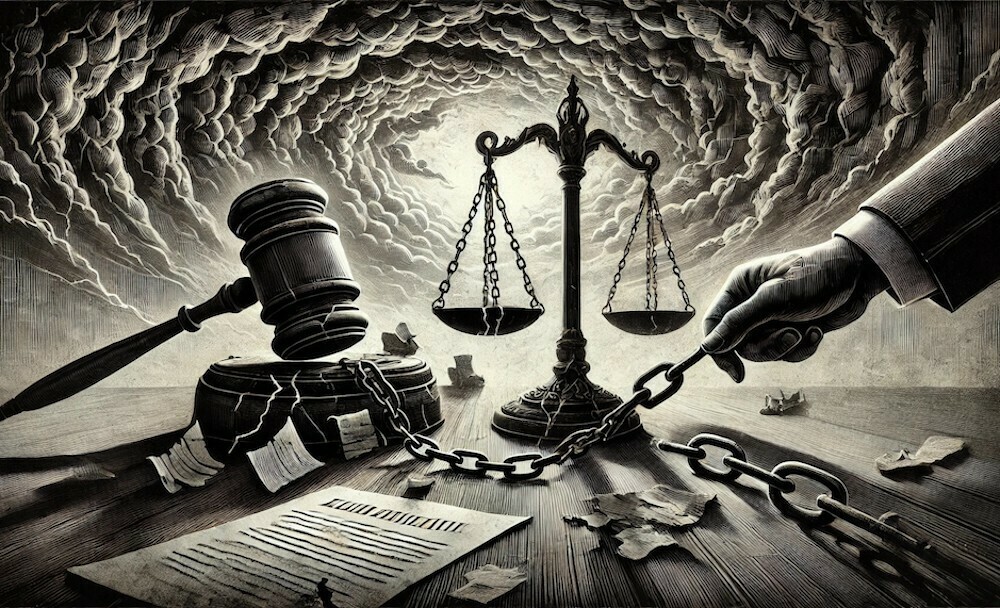The tumultuous 26th Constitutional Amendment Bill was finally put to a vote in the Senate on Sunday, hours after being approved by the federal cabinet, after weeks of upheaval. The bill is expected to pass the National Assembly later tonight after being approved by the Senate.
The Constitutional Package is the name of the bill that proposes a number of constitutional amendments, such as the Chief Justice of Pakistan’s (CJP) tenure and appointment, as well as the evaluation of judges’ performance. An extraordinary parliamentary panel shaped last month — which had portrayal, all things considered, including the PTI — had been examining different proposition after starting endeavors to demolish it through Parliament fizzled.
The most recent rendition of the bill got the gesture from every single ideological group, including the PTI — which, be that as it may, decided not to partake in the democratic cycle.
However, how might these alterations affect the autonomy of the legal executive in Pakistan. We asked legal advisors for their input.
Blow to constitutional order Barrister Asad Rahim spoke straight about how the amendments would affect the independence of the judiciary. The post-Musharraf agreement is formally finished. The 26th Amendment is the greatest inversion for legal autonomy in thirty years,” he said.
Judge appointments have been returned to the executive, which, as our history demonstrates, should not be involved in such a selection.
He argued that selecting the Chief Justice of Pakistan from a list of three candidates “will ensure a game of thrones every few years, thus wrecking a system that was previously immune to such intrigue.”
“Judges that were affirmed as future boss judges as late as yesterday will probably resign before truly making it, for a framework that will normally favor malleable or hardliner up-and-comers.
He lamented, “Taken together, the 26th Amendment has dealt a body blow to Pakistan’s democracy and constitutional order.”
The same fundamental issue The current draft that is being presented, according to lawyer Moiz Jaferii, “is clearly a climb down from the first attempt at steamrolling through an entirely separate apex court and leaving the Supreme Court supreme in name only,” is being presented.
However, he added, “It still suffers from the same fundamental problem: the possibility of the leader picking a main equity and a parliamentary board of trustees figuring out which unrivaled court judge can hear sacred issues are both direct goes after on legal freedom.
“They bring the pillar of the judiciary into a measure of subservience to the legislature and the executive, which is the same flaw that the original amendment did.
“Where the draft of the first amendment stated that the prime minister would be the first chief justice, the ongoing intervention of a parliamentary committee will now be required. A separate court in all but name, these Constitution benches and the selection of judges from the superior courts if they are deemed worthy are. They are merely an attempt to subjugate independent judges with their designs.
“How this change has been endeavored and today at last liable to be passed is an account of noxiousness in itself — the danger of savage or severe power plain so anyone might be able to see.
“Advocated by legislators for the sake of parliamentary incomparability, it is obvious to everybody where the genuine interest lies.
“A stolen election has occurred. An illegitimate mandate has crowned a government. If the right to that crown is to be fairly determined, the Constitution must now pay the price.
Politicizing the judiciary According to Rida Hosain, a lawyer, “the fundamental problem with the previous drafts, and the current one, is the obvious aim to capture an independent judiciary,” which is the “fundamental problem” with both versions.



